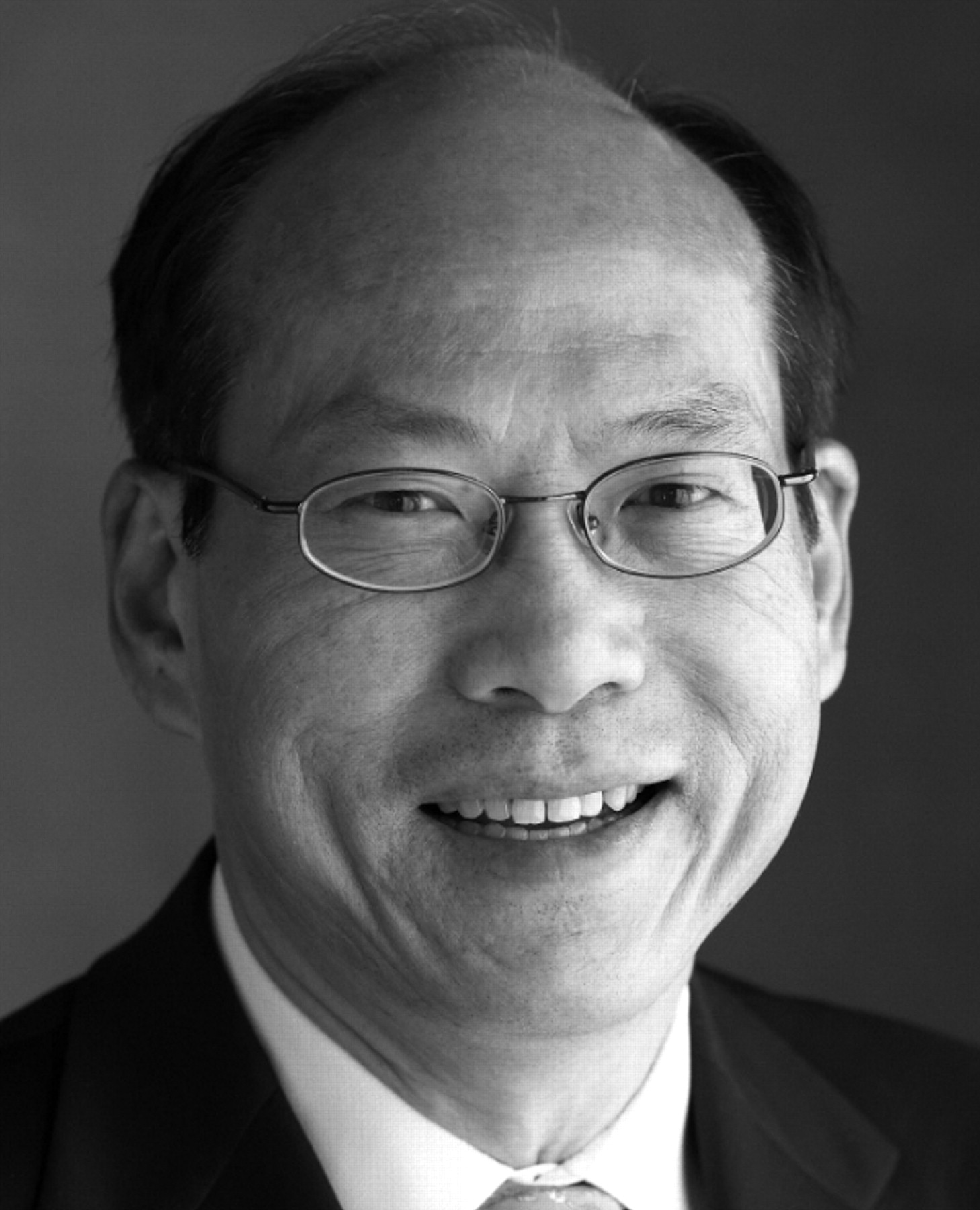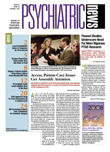I was born in San Francisco of Chinese immigrant parents in 1949. I grew up in New Jersey and Maryland and graduated from Columbia College, Dartmouth Medical School, and the Mt. Sinai (N.Y.) residency program. Since 1977, I have been an inpatient clinician, educator, and administrator in the UCSF Department of Psychiatry at San Francisco General Hospital (SFGH). As a professor of clinical psychiatry, I have recruited, supervised, and mentored a generation of residents and junior faculty as well as have provided leadership for cultural competence and diversity at UCSF/UC, the California Department of Mental Health, SAMHSA Center for Mental Health Services, APA, and other organizations.
I have presented at every APA Annual Meeting since 1984 and began my 20-year work with APA on the APA Committee of Asian-American Psychiatrists (1987-1993), which I chaired for three years. As a member of the Scientific Program Committee (1992 to 2000), I chaired the Media Subcommittee for six years. I disseminated the DSM-IV Outline for Cultural Formulation by serving as executive scientific advisor for a 58-minute video, “The Culture of Emotions,” and working to include it in the APA Practice Guideline for the Psychiatric Evaluation of Adults, Second Edition (2006). I was awarded the 2001 APA Kun-Po Soo Award for significant contributions toward understanding the impact of Asian cultural heritage in areas relevant to psychiatry, and in 2002 I received an APA Special Presidential Commendation from President Richard Harding for work in cross-cultural psychiatry.
Under five APA presidents from 2002 to 2007, I chaired the APA Council on Minority Mental Health and Health Disparities, which participated in developing several APA initiatives: (1) Hiring a full-time director of the Department of Minority and National Affairs; (2) APA Action Plan for Reducing Mental Health Disparities; (3) APA's support of affirmative action in the Supreme Court case Grutter v. University of Michigan; (4) APA Resource document on Religious/Spiritual Commitments and Psychiatric Practice; (5) Updating the membership profile form to include languages spoken, greater specificity of race/ethnicity, and sexual orientation; (6) APA Position statement against racism and racial discrimination and their adverse impacts on mental health; (7) APA Position statement in support of legal recognition of same-sex civil marriage; (8) APA's support of the Language Access in Health Care Statement of Principles, authored by the National Health Law Program; and (9) Incorporating cultural and gender issues into the DSM-V development process.
As a clinician-educator, I have actively participated as a member of three psychiatric education organizations (AADPRT, AAP, and ADMSEP) as well as GAP, ACP, AACP, and ABPN. In 1999, UCSF was awarded the American College of Psychiatrists Creativity in Psychiatric Education Award for the Ethnic/Minority Psychiatric Inpatient Programs at SFGH, which I began in 1980. Since 2006, I have served as the Senior Consultant to the Association for Academic Psychiatry and since 2005, as a member of the Editorial Board of Academic Psychiatry.
I believe my career experience can help APA meet the following critical challenges:
•
Recruiting and retaining APA members especially from underrepresented groups, which will help ensure APA's independent financial stability.
•
Increasing access to psychiatric care especially for underserved populations and geographic areas, which is critical both to fighting the battle against psychologists prescribing and to reducing mental health disparities.
•
Fighting stigma and discrimination against our patients and our profession.
•
Collaborating with allied organizations to advocate for funding for services, training, and research.
•
Embracing the value of excellence through inclusion and diversity in a multicultural world.
•
Inspiring, recruiting, and mentoring the next generation of psychiatrists.
Primary Professional Activities And Sources of Income
Professional Activities
•.
100%—University of California, San Francisco
Income
•.
100%—University of California, San Francisco

